10 imaginary films Bruce LaBruce could have made
Words by Eoghan Lyng / Artwork [posters] by Nick Ikin
Original published in issue #5 _ a tribute to Bruce LaBruce
Act two _ the film [s] that Doesn’t Exist / 10 imaginary films Bruce LaBruce could have made
An original idea conceived by Victor Fraga and DMovies _ the platform for thought-provoking cinema
writing and its contents are a piece of fiction as imagined by Eoghan Lyng poster and their contents are a piece of fiction as imagined by Nick Ikin

THE FARMER’S SON _
Out in the countryside, no one can hear you fuck. That’s what little Jimmy discovers when he decides to move in with a farming household, and proceeds to engage in a sexual relationship with the farmer’s child, Horatio. Behind pig squeals and sheep trails, the two squirm and squirt, safe in each other’s bodies. Horatio’s father [played by Bernd Feuerhelm] tends to the fields, unaware that these activities are going on. Like many farmers in the region, he is unfamiliar with homosexuality, and would prefer that his son give sexual pleasure to another cow than another man. But the two carry on, writhing and humping to the sounds of the cows mooing and froing. The film, one of Bruce LaBruce’s best yet, carries on with the trappings of his earlier work, capturing a raw, untethered spirit that is dying to be yanked. Apart from Feuerhelm, the film reunites LaBruce with Félix-Antoine Duval, who plays Jimmy, a metropolitan, cosmopolitan city boy searching for adventure and another man to sleep with. He’s excited by the change of environment, feeling that the wilderness and greenery is perfect for the act of passion that becomes a man when he’s caught in the right place and right time. But be warned; you’ll never look at cows the same way again.
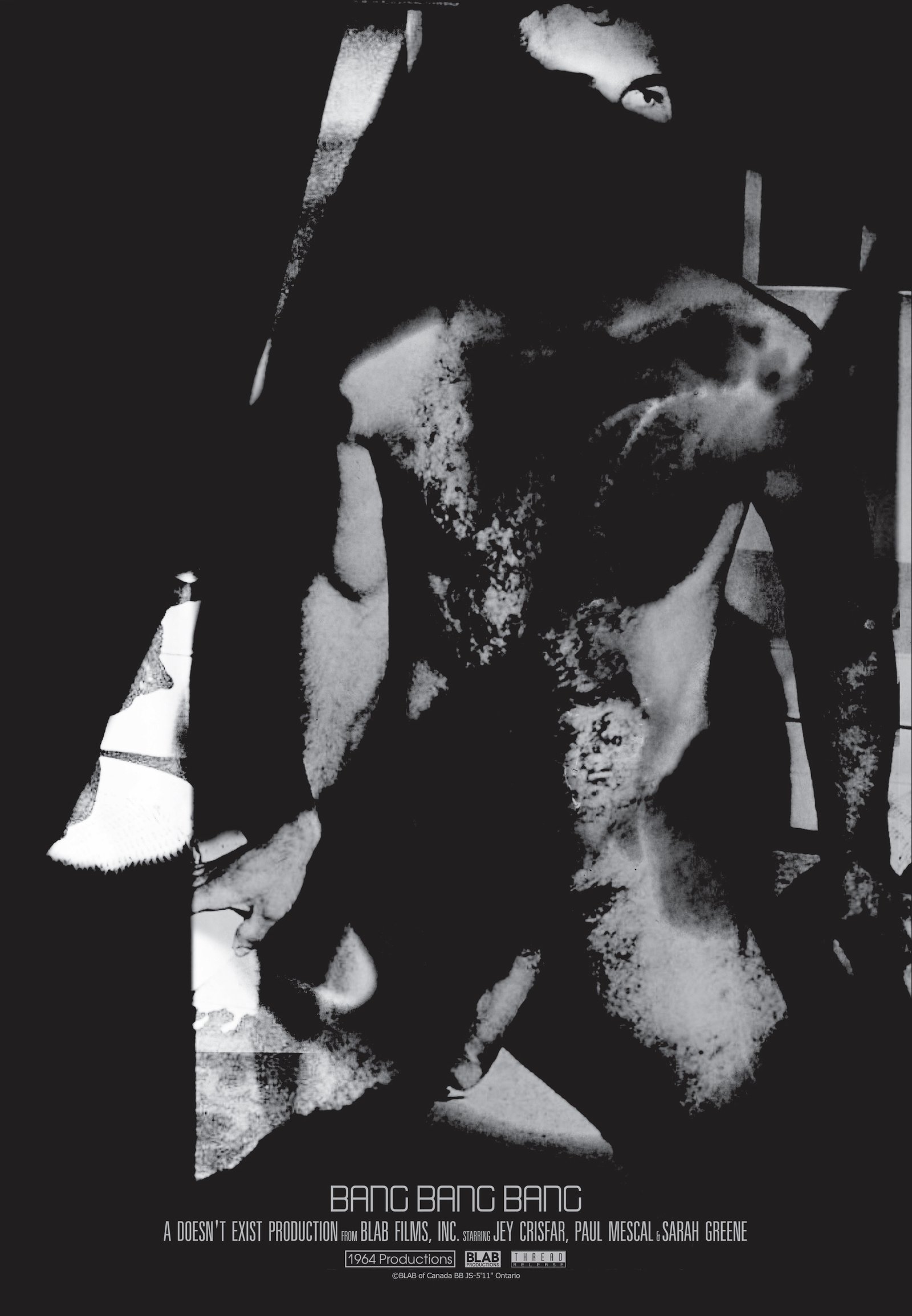
BANG BANG BANG _
That´s the sound James Bond´s gun makes, but it´s also the sound of the agent mid coitus. What LaBruce offers – now that Ian Fleming´s books have gone into public domain – is the most erotic and most sensual Bond film yet, determined to piece together the author´s most unfilmable work under one sultry banner. From the opening shot of a younger spy fellating Bond, to the three-way that closes out the film, this film is sex with a Capital S. Jey Crisfar plays the eponymous spy, reuniting him with the director for a film that’s equal parts French and English. The film features Normal People mainstays Paul Mescal and Sarah Greene as two French agents, hopeful to build a household for three with their Bond, James Bond. Mescal and Crisfar can be seen rubbing lemons off each other’s nipples, biting them to release the tension, and to bring great pleasure to each other. They bite each other on the groin, aping the primal rhythms of two gorillas flocculating. Naturally, gunshots are fired, particularly between Mescal and Crisfar, who perform a naked dance to the sound of bullets ricocheting past their legs. It doesn´t get much spicier than that, although the addition of Greene as voyeur in a room full of husky, well-built men adds to the tension.
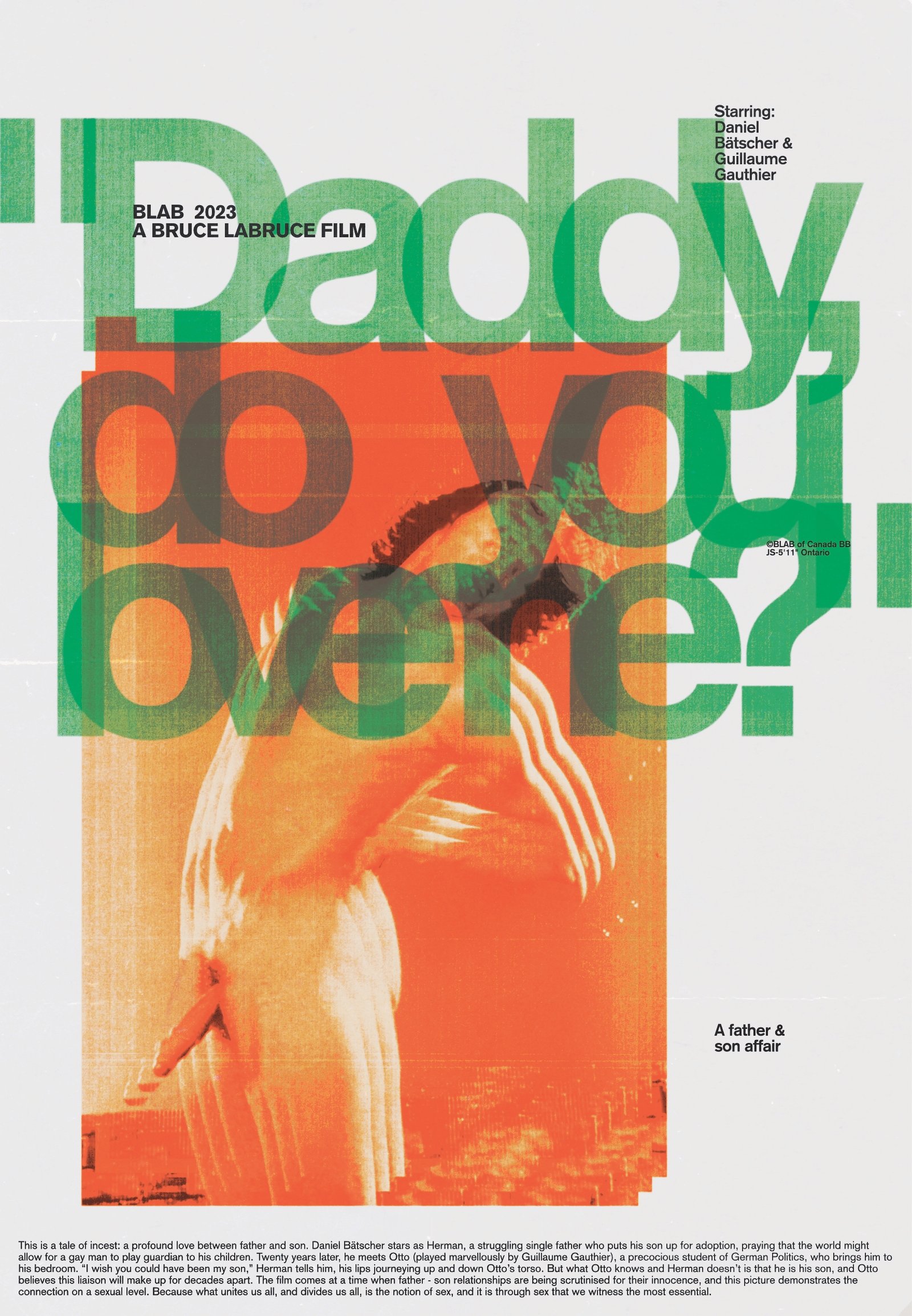
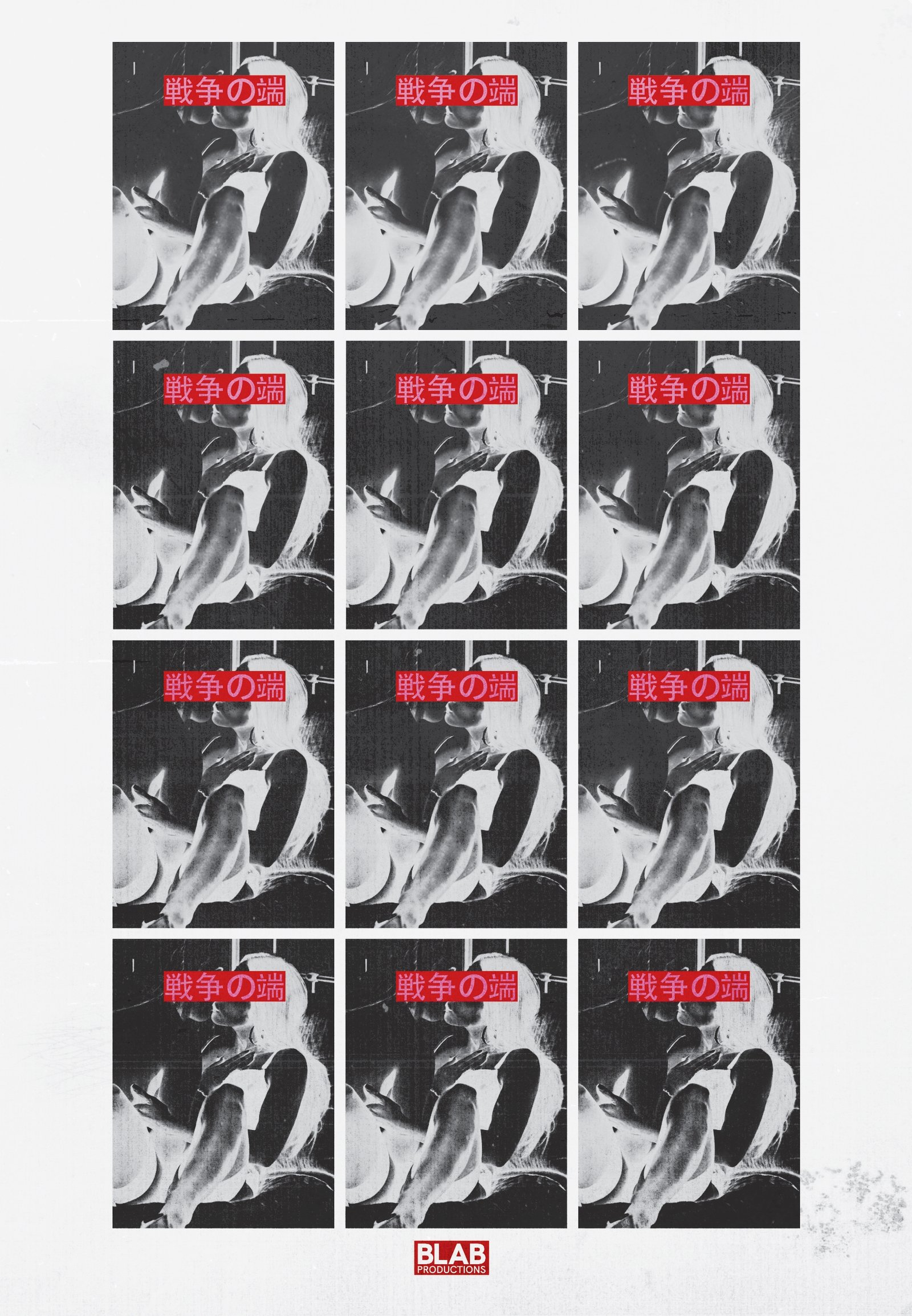
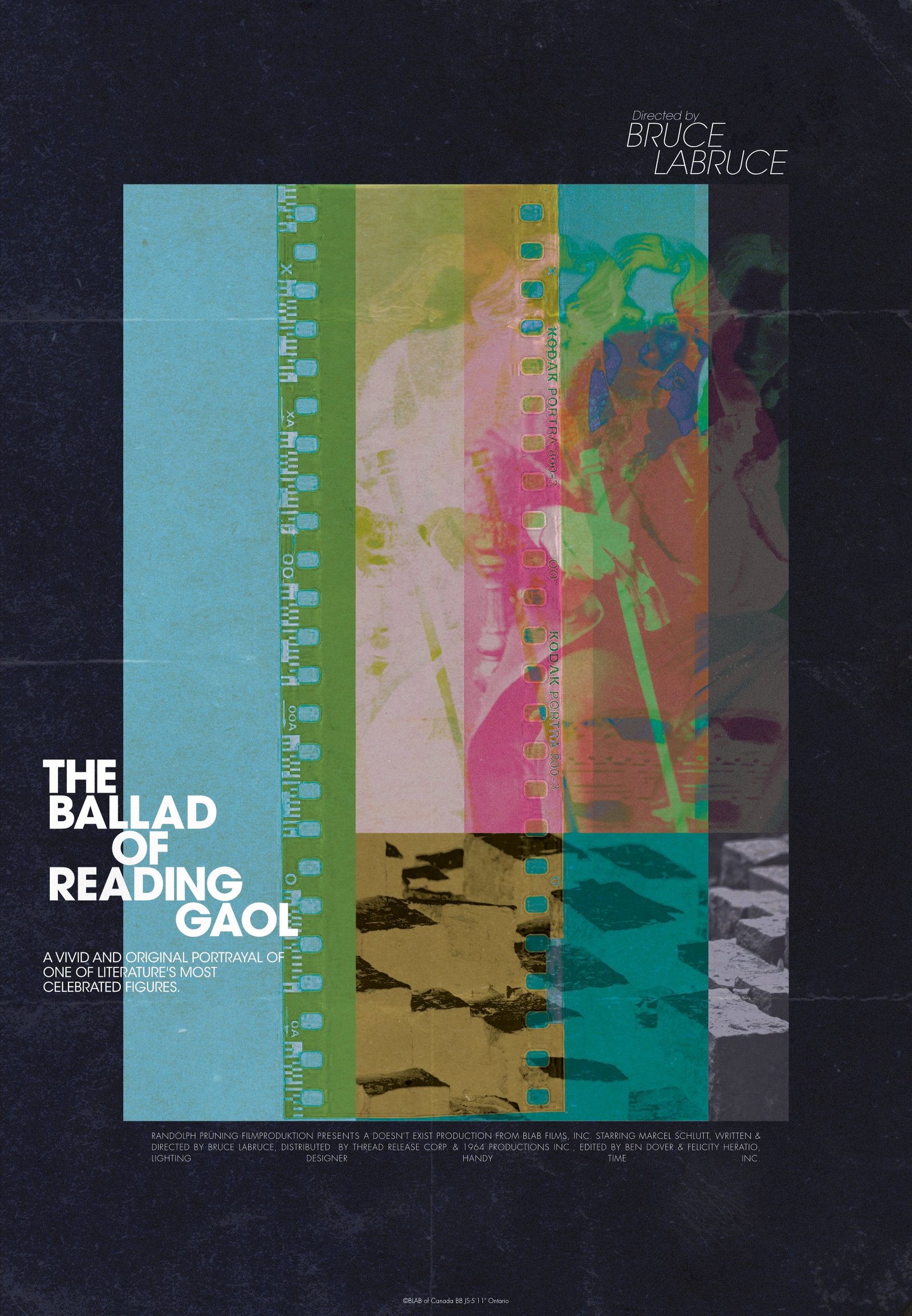
THE BALLAD OF READING GAOL _
Bruce LaBruce is many things, but nobody could describe him as dishonest. “As a sensitive [read: gay] child growing up on a small farm,” he admitted in 2020, “and having a father who was also a hunter and trapper, I witnessed a lot of carnage that had a profound effect on me.” Little wonder he sees Oscar Wilde as a kindred spirit, another gay man who suffered awful hardships for staying faithful to his personal truth. This picture details Wilde’s incarceration in the 19th Century, as a fey Irishman attempts to bolster the courage that threatens to ruin him at this critical juncture of his life. It takes a brave man to bring Wilde to life, but LaBruce does it by way of memory, vision and hallucination. While lifting the rocks, Wilde remembers the lovers he sucked and the boys he pricked, culminating in a ten-minute orgy that is equal parts dream and memory. Whether it’s true, untrue or myth doesn’t matter to Wilde: For what is truth when it could be matched against the back of legend. This Wilde is a man of action, deeply engrossed in the bodies that lie before his eyes, his cock pricked, and ready to penetrate the lover in front of him. And in Marcel Schlutt, LaBruce has the Wilde who is willing to go the distance, and throw himself into the pit of masturbation.
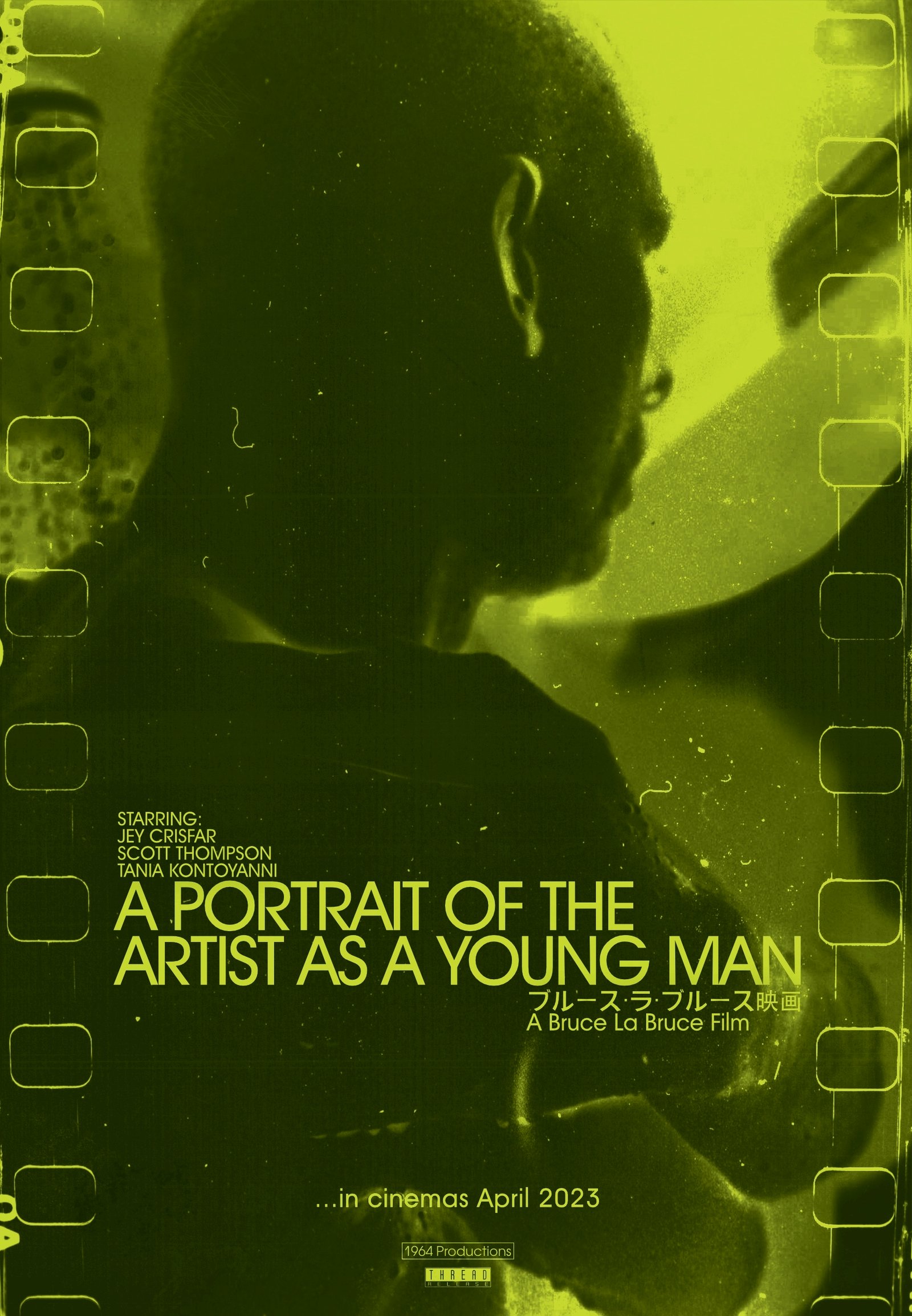
A PORTRAIT OF THE ARTIST AS A YOUNG MAN _
Considered unfilmable for decades, Bruce LaBruce has taken this opportunity to bring his reality into the world James Joyce committed to page. What we get is a Dublin that is shinier, but no less incendiary, than the city brought to life in Joyce’s most beloved book. Here, we find the notorious director reuniting with ‘Otto; or, Up with Dead People’ star Jey Crisfar, as the two of them do their utmost to realise the character most associated with the Irish writer himself: Stephen Dedalus. And so it is that the film features a number of LaBruce mainstays, such as Scott Thompson as Simon DeDalus and Tania Kontoyanni in the role of Mary, the film’s central female figure. LaBruce has actively translated the erotic fantasies of the source novel in a manner that recalls his efforts on ‘It is Not the Pornographer That is Perverse…’, although he adds a contemporary twist, showing Dedalus as a sex positive voyeur, who engages with the older, more worldly Leopold Bloom in the bedroom. Bloom’s decision to hide his Jewishness comes out in the bedroom, as Dedalus sees a penis unlike any he’s noticed before. Indeed, LaBruce has put himself in the world of Portrait, much as Joyce did, and the results are frequently startling. A Portrait of The Artist As A Young Man will be released in Ireland in April before making it’s US debut the following May 2023.

WELCOME TO THE PRIESTHOOD _
Is it hot under the collar or what? In this piercing drama, Bruce LaBruce brings viewers back to the days when the priests got it on under the sheets. Florence priest Father Vicenczo [Hustler White’s Tony Ward] leads a congregation known as “The Flags”, who honour their God by praying together under one bed, their bodies wrapped on each other’s groins. Sometimes, they do it individually, at others, as many as ten young priests participate. This unorthodox way of celebrating Christ’s sacrifice makes its way back to the Vatican, who decree that someone must go down there to straighten these men out; literally. G. B. Jones plays Father Alonso, tasked with bringing order back to the order that has welcomed the devils of lust into their vicinity. Deeply heterosexual, and committed to the cause of one man he has devoted his life to, Fr. Alonso begins to question his place in life when he sees what joys “praying” can bring to the soul – not forgetting the flesh, which is regularly tickled, touched and broken into. Out of this intense ritual comes a tale of latent passion and tremendous yearning, not least from the men who have fought to keep their version of religion afloat and alive.
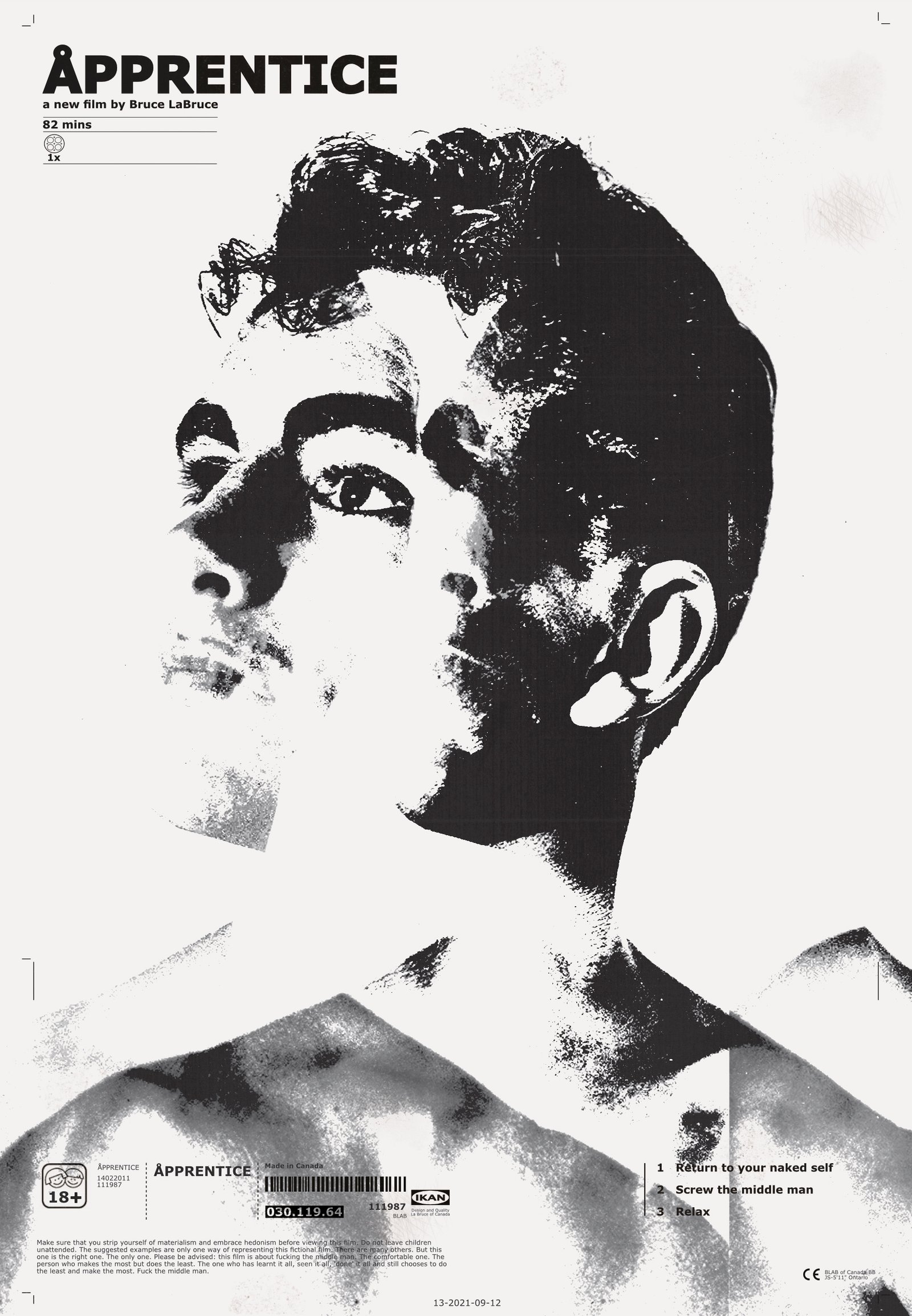
THE APPRENTICE _
A joiner befriends a seventeen-year-old apprentice, stripping him of his materialistic upbringing to bring him back to his naked self. A spiritual continuation of Gerontonphilia in many ways, the film also boasts a probing sex scene, centred around a three way between men of three different generations. For the joiner, it seems, is both teacher and mentor, stripping the man who finances him as thoroughly as he fellates the young man whose education he furthers. The older and younger man enter the middle man, as both their penises touch the artist they serve and protect. Canadian actor Walter Borden leads the ensemble, although the performance from Irish artist David Rawle [making his debut feature in a LaBruce movie] is also noteworthy. And then there’s Terence Stamp, returning to the world of Queer cinema, although this is much grander than Priscilla: Queen of The Desert. This is Stamp as you’ve never seen him before – down to the flesh.
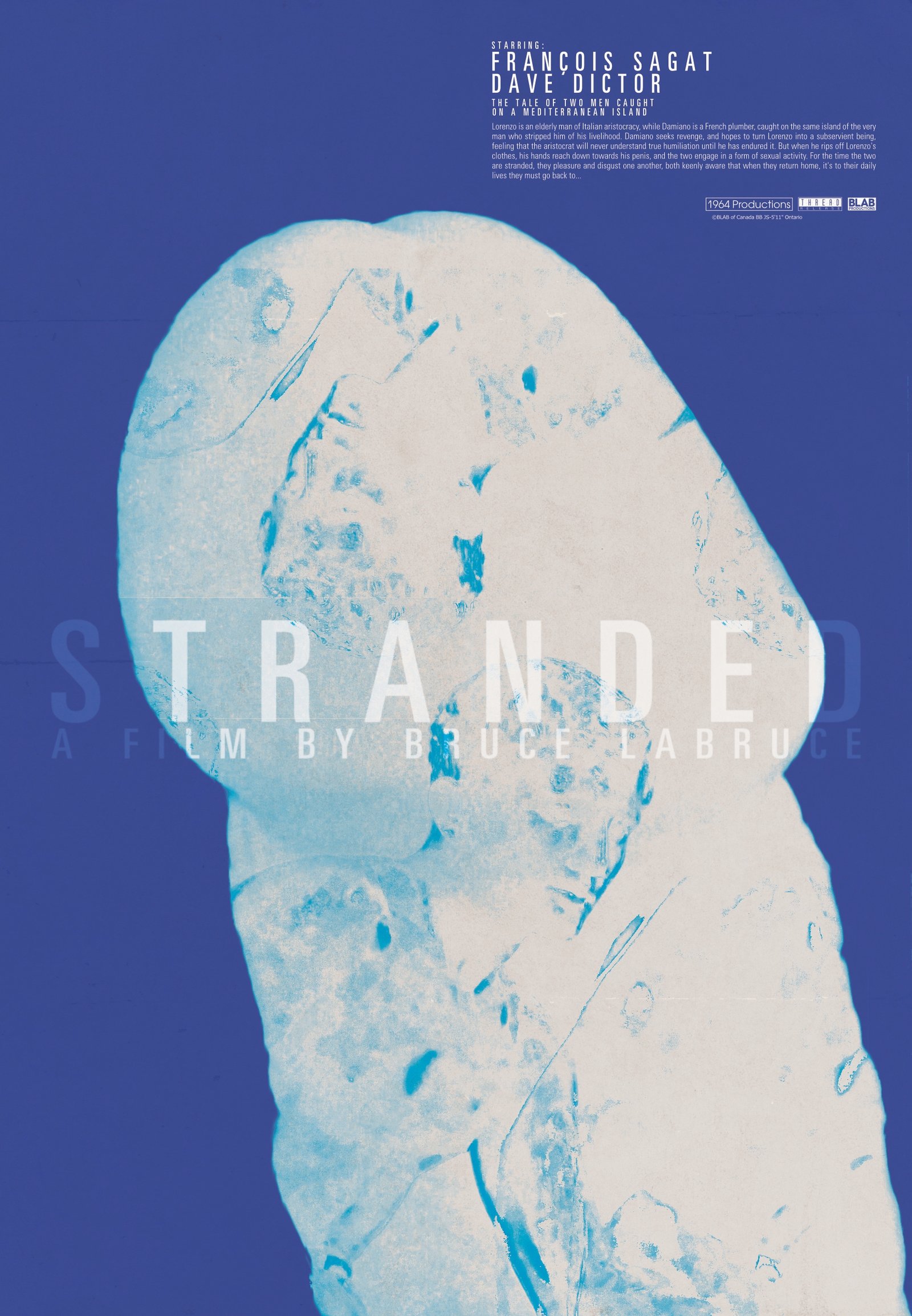
STRANDED _
Loosely based on the classic Italian film Swept Away [Lina Wertmueller, 1974], Stranded is the tale of two men caught on a Mediterranean island. Lorenzo [Dave Dictor] is an elderly man of Italian aristocracy, while Damiano [François Sagat] is a French plumber, caught on the same island of the very man who stripped him of his livelihood. Damiano seeks revenge, and hopes to turn Lorenzo into a subservient being, feeling that the aristocrat will never understand true humiliation until he has endured it. But when he rips off Lorenzo’s clothes, his hands reach down towards his penis, and the two engage in a form of sexual activity. For the time the two are stranded, they pleasure and disgust one another, both keenly aware that when they return home, it’s to their daily lives they must go back to. Such is the way of things, the two men let out their fury, culminating in moments of great unrest and coitus. They thrust, they grapple, they reach forward, and before they know it, they understand just what they have been missing from each other’s lives. It’s called companionship and self-respect. Keen to bring authenticity to the role, Dictor learned Italian for the part, while Sagat refreshed his English for the film.
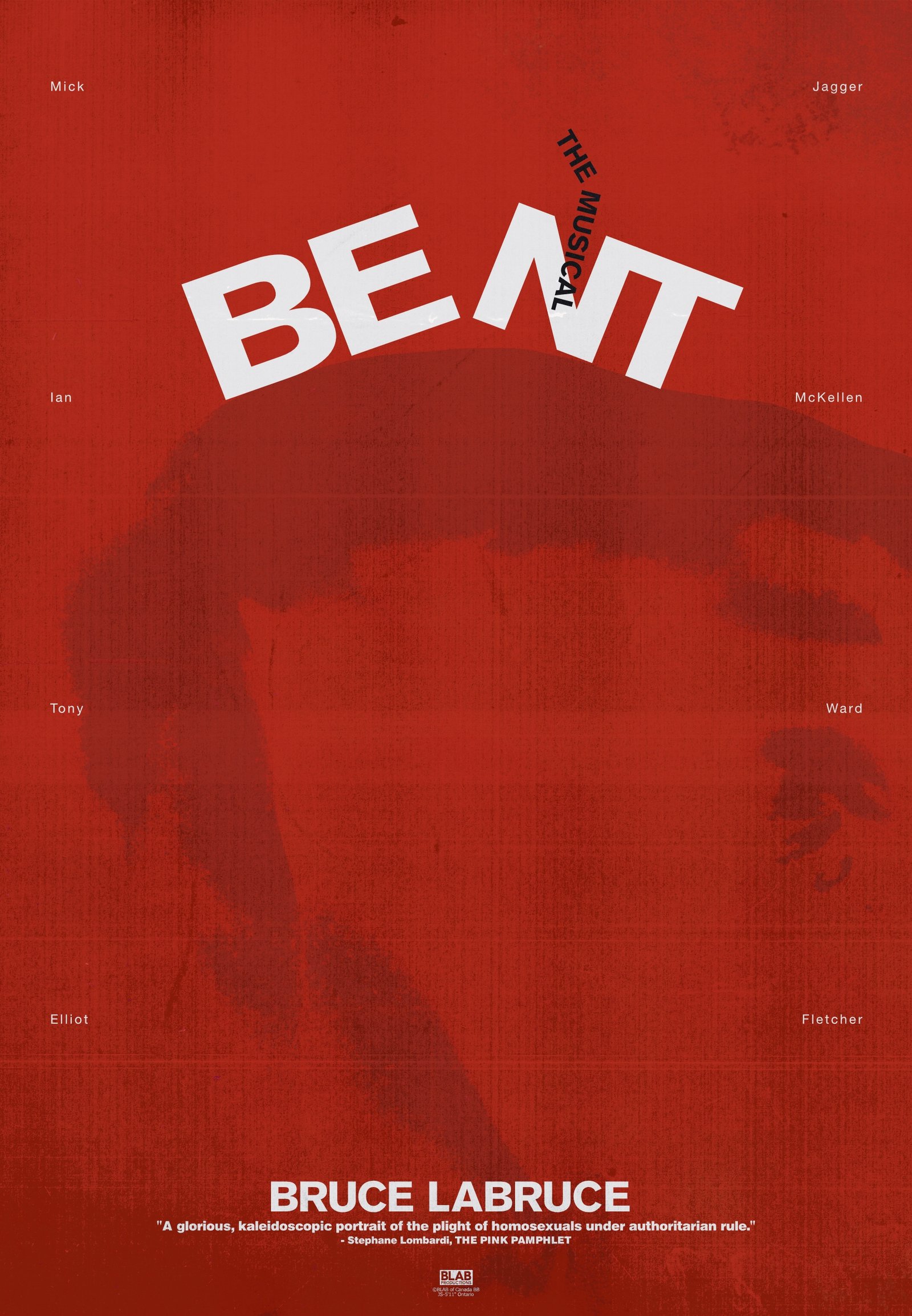
BENT THE MUSICAL _
Every director worth their salt needs a musical film on their resumé, and this is LaBruce’s, a glorious, kaleidoscopic portrait of the plight of the homosexual under authoritarian rule. Mick Jagger reprises his role as Greta, and Ian McKellen returns to the script that made his name on the live stages, but it’s Tony Ward’s starring turn as Max that is sure to move audience members to tears. The film sees LaBruce reunite with long term collaborator Ramachandra Borcar to work on a score that’s yearning, fragile, furious and deeply romantic, complete with a stellar production that demonstrates the artistry of the Canadian duo. And then there’s trans actor Elliot Fletcher who plays a Jewish character, caught withholding another truth as well as their religious identity. When Max meets Fletcher’s Nick, the former lets out years of rage onto the trans character, culminating in a two-minute silhouette that captures the two inside each other. They lock hands on genitalia, brandishing their anger on the weapons in each other’s trousers. The potency of the project stems not from an interest in turning the holocaust into spectacle, but to breathe new life into the period through a series of haunting musical installations that boast grander resonances under one tidy banner than they do as individual segments. Better still, the film pays tribute to the hundreds of gay men who were tormented by virtue of their sexual orientation, realising a more thoughtful look at the War of all Wars.

